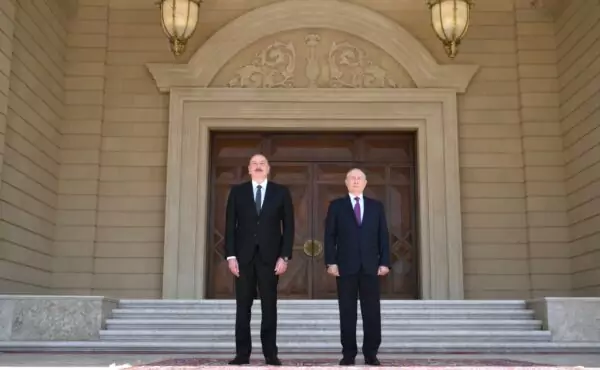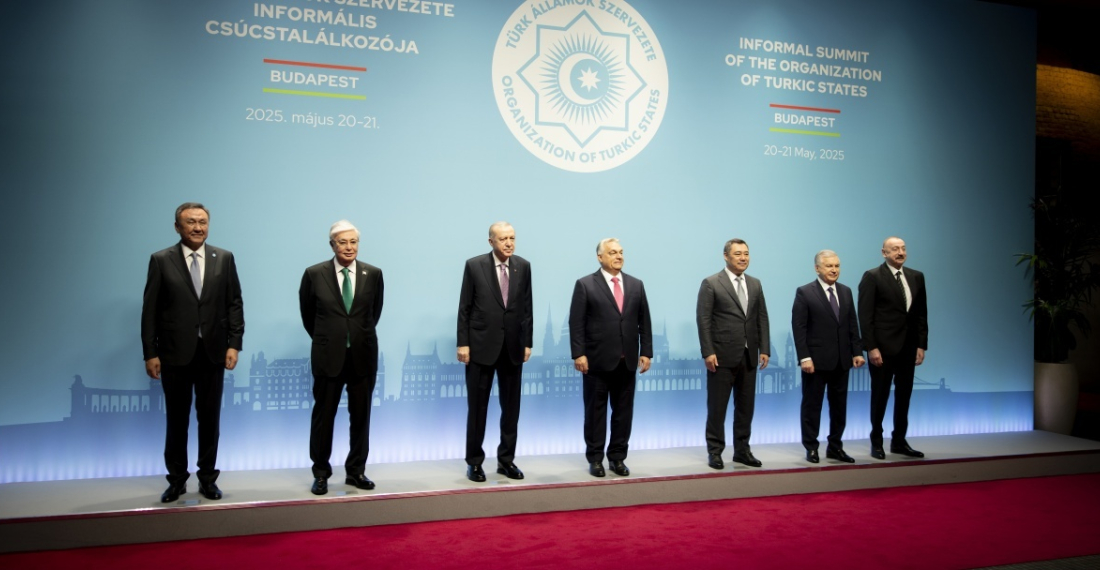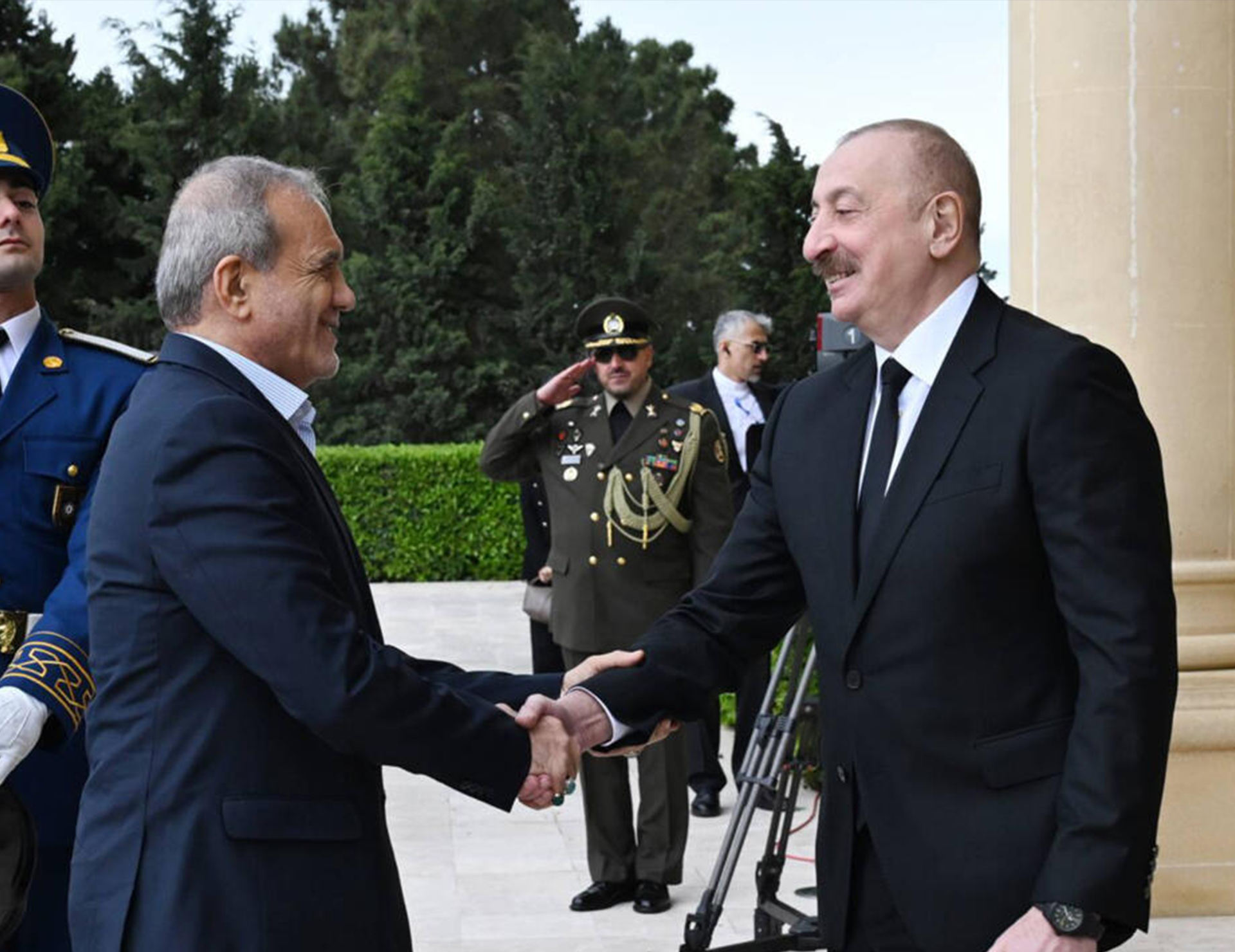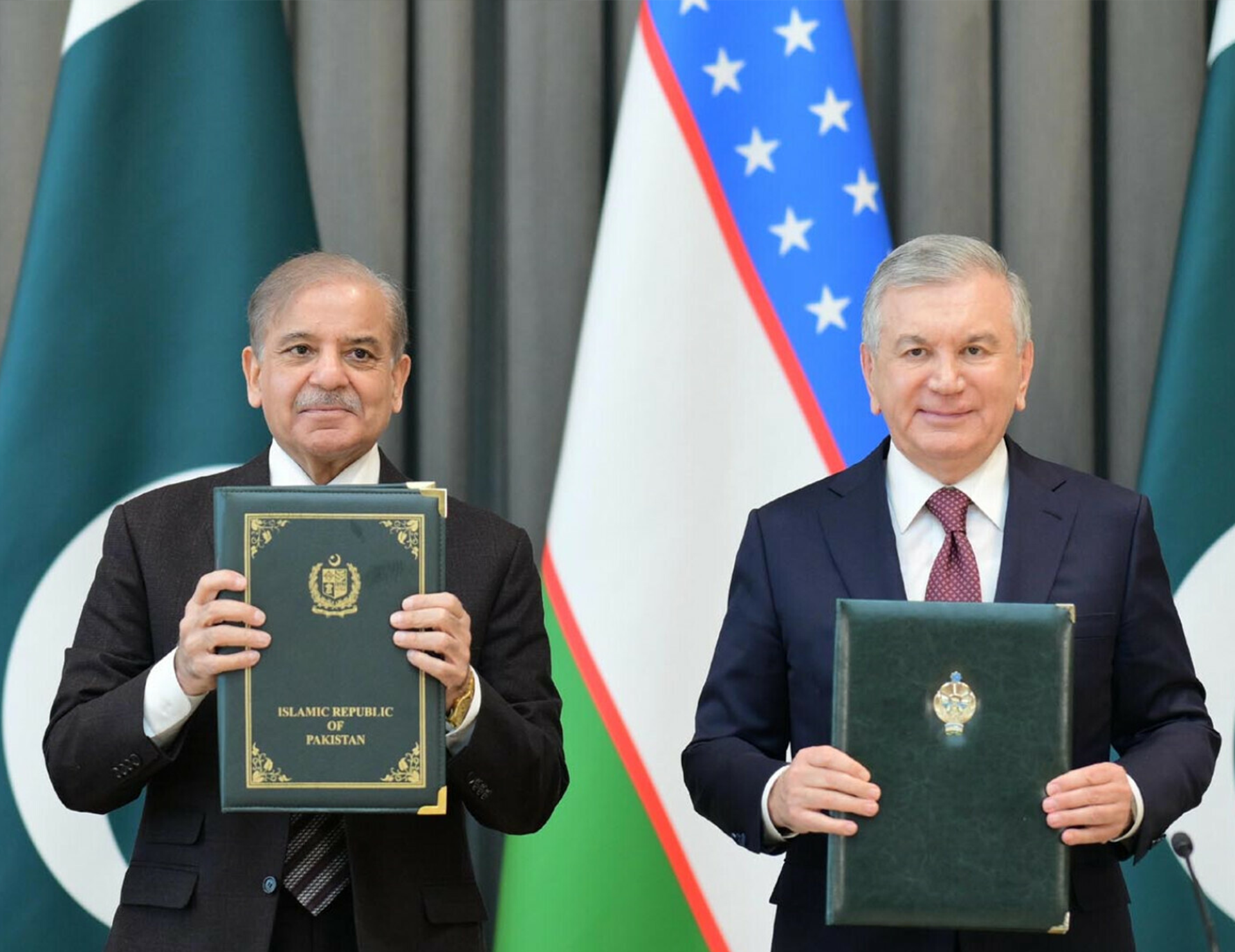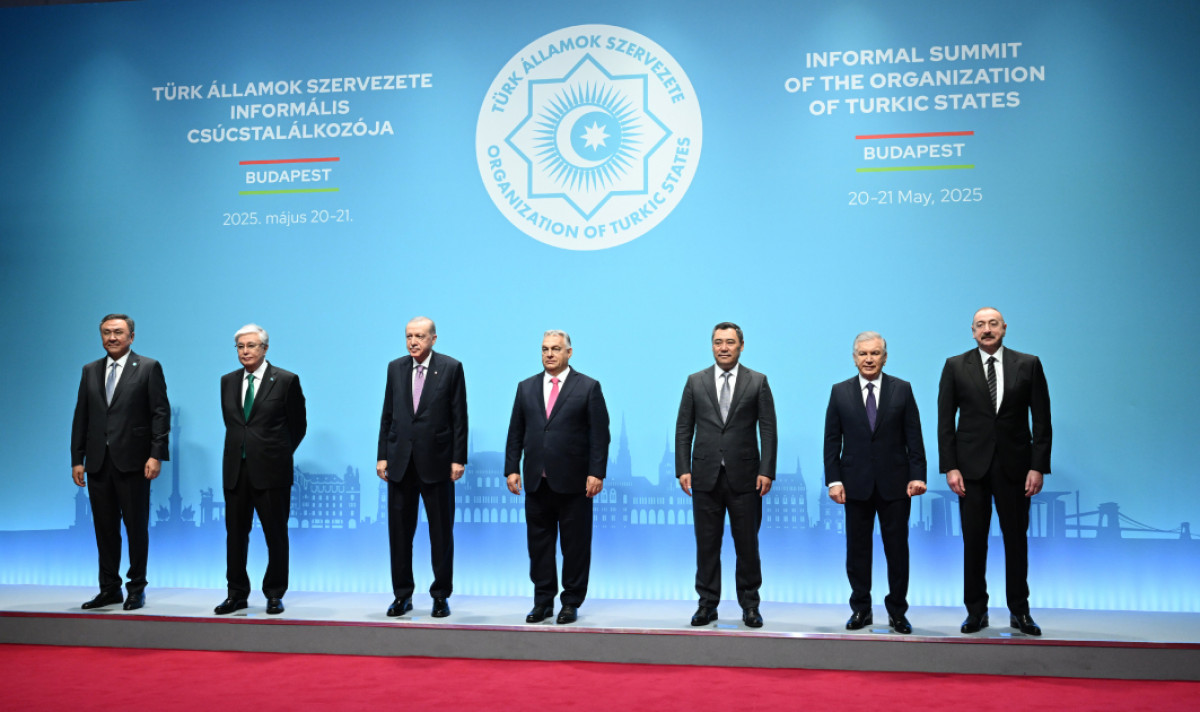Executive Summary:
- On May 7, Azerbaijan announced that Azerbaijani President Ilham Aliyev would not attend Moscow’s May 9 Victory Day parade commemorating the 80th anniversary of the Soviet Union’s victory over Nazi Germany.
- Azerbaijani media attributed the visit cancellation to a series of negative developments in Russia-Azerbaijan relations since an Azerbaijani airplane crash in December 2024 likely caused by unintentional Russian military fire.
- Unless Russia takes meaningful steps to address Azerbaijan’s grievances and rebuild mutual trust, the bilateral relationship is likely to remain stalled, characterized by cautious engagement and growing rupture.
On May 7, Russian presidential aide Yury Ushakov announced that Azerbaijani President Ilham Aliyev would not travel to Moscow to attend the May 9 Victory Day parade commemorating the 80th anniversary of the Soviet Union’s victory over Nazi Germany in the Great Patriotic War (Interfax, May 7). According to Ushakov, Azerbaijan claimed that Aliyev “ha[d] to participate in internal events dedicated to [former president and Aliyev’s father] Heydar Aliyev.”
Earlier that day, Russian media reported—citing Ushakov—that Aliyev was among the world leaders expected to attend the Moscow Victory Day celebrations (TASS, May 7). In the end, Aliyev was the only leader from the post-Soviet region with otherwise cordial diplomatic relations with Russia who did not participate in the May 9 celebrations. The leaders of all five Central Asian republics, as well as those of Armenia and Belarus, were present. Aliyev’s absence raised several questions about the state of Russia-Azerbaijan relations in the wake of the December 25, 2024 airplane crash (see EDM, January 15).
Aliyev canceled his trip to Moscow despite receiving invitations from multiple sources, including Russian President Vladimir Putin himself. On March 15, the official website of the Azerbaijani president reported that Putin invited Aliyev to the Victory Parade during a telephone call from Moscow (President of Azerbaijan, March 15). During the call, Belarusian President Alyaksandr Lukashenka and Tajik President Emomali Rahmon were with Putin for an informal meeting. According to the website, Aliyev and Putin “agreed to meet in Moscow for the anniversary events” (President of Azerbaijan, March 15). Additionally, on May 3, less than a week before the parade, the head of the Russian Orthodox Church, Patriarch Kirill of Moscow and all Russia, gave another invitation to Aliyev from Putin while he was visiting in Baku (TASS, May 3).
The last-minute cancellation of Aliyev’s visit despite many high-level, public invitations highlights the diplomatic importance of the decision. Azerbaijani media outlets close to the government cited a series of negative developments in Russia-Azerbaijan relations since the December 2024 airplane crash, likely caused by unintentional Russian military fire, as the reason for the visit’s cancellation (Apa.az, May 7). Chief among these reasons was the lack of a Russian investigation into the December crash and the failure to hold those responsible accountable. Following the incident, Aliyev addressed the media, demanding a thorough investigation and compensation from the Russian side. He stated that Baku’s demand for an official apology had been met after Putin apologized during a telephone call, adding that Baku is awaiting the fulfillment of the other demands (see EDM, January 15). Moscow, however, has yet to follow through on the other demands.
Azerbaijani media cited two additional reasons for Aliyev’s refusal to attend the parade. First, in early May, the Azerbaijani Parliament’s Commission on Countering Hybrid Threats attributed a February cyberattack on Azerbaijani media outlets to Russia (Report.az, May 2). The head of the commission, Ramid Namazov, described the incident as a “politically motivated cyber intervention” and claimed it was a retaliatory operation by Russia in response to Azerbaijan’s February 3 closure of the Russian Information and Cultural Center, commonly known as the Russian House, as well as rumors about the potential closure of the Rossiya Segodnya (Sputnik) representative office (Report.az, May 2).
In a separate incident in May, Russian authorities stopped Azer Badamov, a member of the Azerbaijani Parliament, from visiting Russia for celebrations of the 102nd anniversary of the birth of the former Azerbaijani President Heydar Aliyev, sending him back to Baku from a Moscow airport. RIA Novosti, a Russian state-owned domestic news agency that Azerbaijan banned in May 2022, said that Badamov was denied entry because of his “anti-Russian” and “Russophobic” statements (RIA Novosti, May 5). Azerbaijan’s Ministry of Foreign Affairs called this “an unfriendly step” and demanded “a detailed explanation” concerning the incident (Apa.az, May 4).
The trajectory of Azerbaijan-Russia relations in recent months underscores a steady erosion of trust exacerbated by Moscow’s failure to respond adequately to Baku’s demands concerning the airplane crash. While the diplomatic fallout from this crisis has not yet translated into overt policy shifts or ruptures in formal cooperation, the symbolic gestures and rhetorical signals from both sides reveal a growing strain. Azerbaijan’s decision to cancel Aliyev’s participation in the Victory Day parade despite multiple high-level invitations is a clear indicator of the discontent brewing in Baku. The cancellation reflects Azerbaijan’s broader dissatisfaction with Moscow’s perceived condescension and unwillingness to treat Baku as an equal partner as promised in their 2022 Declaration on Allied Interaction (see EDM, February 25, 2022).
The “imperial tone” that Azerbaijani observers attribute to recent Russian behavior stands in stark contrast to Baku’s desire for equality in their relationship with Russia (Aze.media, May 7). Azerbaijan remains committed to a foreign policy grounded in strategic autonomy and multilateral engagement. Aliyev’s decision to cancel his trip to Moscow signals Azerbaijan’s willingness to stand up to Russia in the face of their dismissal of legitimate concerns. Unless Russia takes meaningful steps to address Azerbaijan’s grievances and rebuild mutual trust, the bilateral relationship is likely to remain stalled, characterized by cautious engagement and growing rupture.

